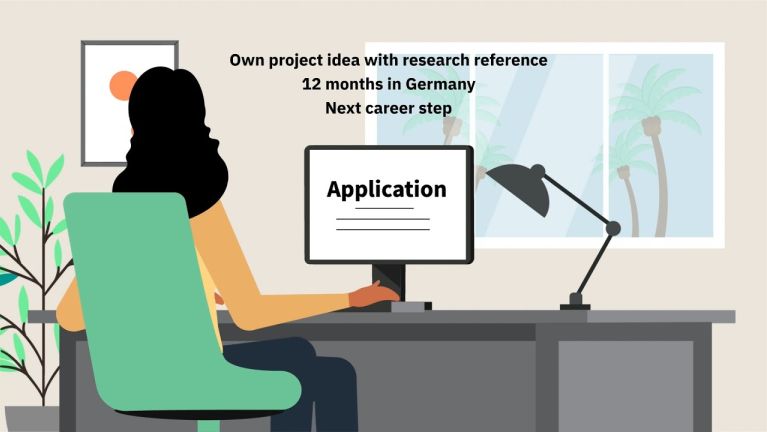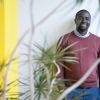German-African research for climate protection
The International Climate Protection Fellowship brings about exchange: two African researchers develop new climate strategies with German partners.
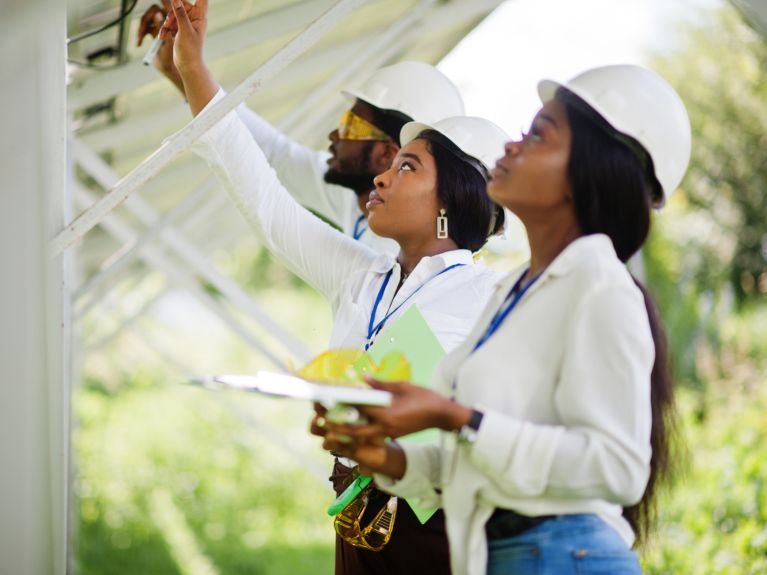
Originally, Mariam Abbas from Mozambique had quite different plans. When she began her degree in economics, she dreamt of one day working in a bank. When she graduated with her bachelor’s degree, however, her professor invited her to do research at the Observatorio do Meio Rural that he had co-founded in the capital Maputo. The non-profit organisation analyses the development of rural land in Mozambique with a view to bringing about greater sustainability. “At first the whole subject of agriculture was new to me, but I could identify with it,” says Abbas, who nowadays combines economics and agriculture by adopting a socioeconomic perspective.
Dieses YouTube-Video kann in einem neuen Tab abgespielt werden
YouTube öffnenThird party content
We use YouTube to embed content that may collect data about your activity. Please review the details and accept the service to see this content.
Open consent formSince April 2025, however, the 34-year-old has been conducting her research not at home in Mozambique but in Germany. She will spend two years at the Institute for Natural Resources Technology and Management (ITT) at TH Köln University of Applied Sciences. She can do so thanks to the International Climate Protection Fellowship awarded by the Alexander von Humboldt Foundation to people from non-European developing and transition countries who work academically or practically in climate protection. Each year, five of these fellowships are made available to postdocs like Mariam Abbas, as well as up to 15 more to prospective leaders, enabling them to work on a scientific climate change project at a host institution in Germany.
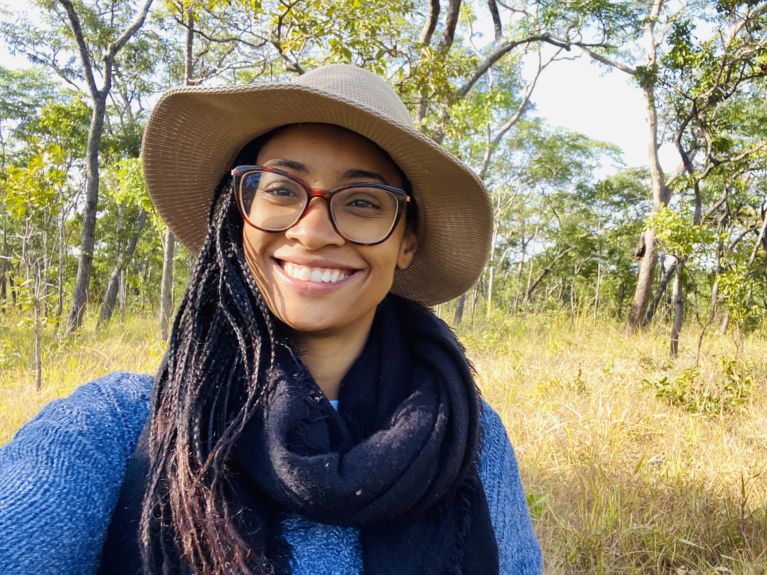
Abbas already studied the impacts of climate change on agriculture in Mozambique for her doctoral thesis and realised just how much humans affect the environment. Her home country is repeatedly struck by storms, flooding and droughts that jeopardise farmers’ crops. “They have trouble producing enough to eat all year round. Climate change is making this even worse.” In Cologne, Abbas is therefore focusing also on social impacts. She wants her findings to be channelled into proposals for policymakers.
Establishing professional networks in Germany
Abbas regards the fellowship as a win-win situation because it allows her to collaborate with the ITT, which also works on similar topics and with which she had already been in contact in the past. Abbas hopes that her findings will also be helpful for German researchers and development projects in the area of agriculture in Mozambique. Abbas also wants to use her time in Germany to establish networks; at the start of her fellowship she already visited a number of institutions, such as the Deutsche Gesellschaft für Internationale Zusammenarbeit (GIZ), the Max Planck Institute and the Federal Agency for Nature Conservation.
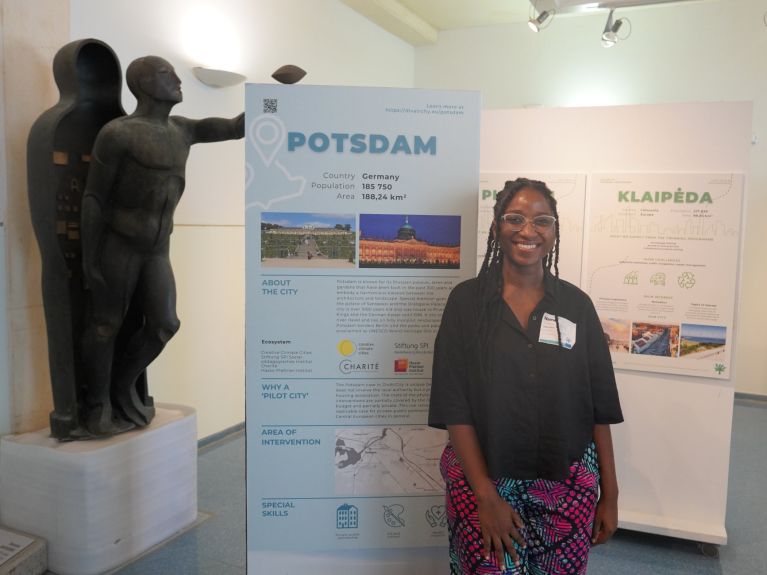
Davephine Tholley from Sierra Leone also wants to explore Germany for her research work. As a fellow of the Alexander von Humboldt Foundation, she explores how German cities could mitigate extreme heat by implementing “nature-based solutions” and what inspiration could be found for example in the parks for Sierra Leone’s capital. “Freetown is a beautiful place, but we don’t treat our environment well,” she says.
From Berlin to Freetown – on a mission to protect the climate
Tholley is a civil engineer who did her master’s in engineering business management at the University of Sussex in England. She will now be spending a year working with Creative Climate Cities, a Berlin-based agency for digital urban development. In turn, Tholley’s hosts see the collaboration as an opportunity among other things to establish contact, with her help, with decision-makers in Africa, and especially in Sierra Leone. Tholley most recently worked in the Freetown city government as an operations management consultant in the mayor’s office, where she was involved in various projects, first and foremost in the area of water supply and on the “Freetown the Treetown” initiative that aims to plant five million new trees by 2030.
While in Germany, Tholley also wants to find out which rules and laws are in place to protect the environment and what needs to be done to ensure they are complied with. “For example, trees here are not simply felled,” she says, explaining how she has experienced in her home country how trees are cut down and waterways dry up. These are the experiences that have played their part in her commitment to climate action today.
Empowering women with climate strategies
Freetown is also repeatedly hit by heat and flooding. “In Sierra Leone it is women who are most at risk from climate catastrophes, both in economic and physical terms,” says Tholley. “If we implement climate strategy plans, we should concentrate on how to use them to empower women and girls.” Tholley also works on a voluntary basis to promote women’s rights and could imagine that other countries would also benefit from such a gender-sensitive approach to climate change and its impacts. “It is about making the environment better and protecting lives,” she says about her research, which she wants to use to develop guidelines for Freetown - not only to present to policymakers, but also to give as practical help to local people. “Sharing knowledge is an important aspect of the project.”
Mariam Abbas and Davephine Tholley want to make targeted use of their newly acquired knowledge when they return to their home countries – and hope that the exchange with German institutions will result in long-term positive impetus for research and practice. Their goal is to draw up practical solutions that reflect people’s needs and help to combine environment protection and social development.
